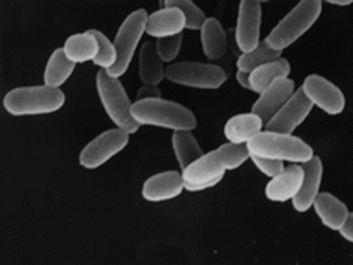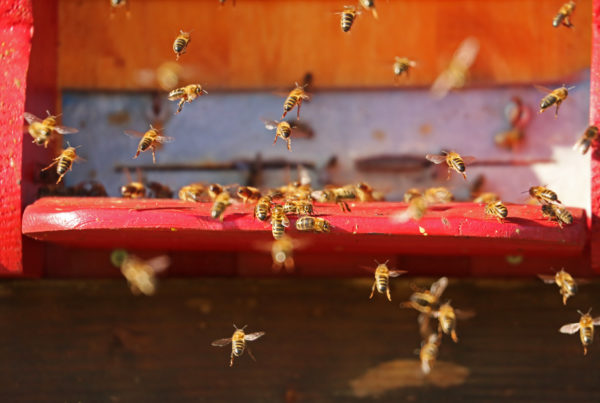A new study in the science journal Nature is advancing scientific understanding of the origin of life. The research comes from an international team of scientists, including teams from the University of Texas at Austin and Uppsala University in Sweden. They found new microbes carry genes that were previously thought to be unique to more complex life forms – like humans.
Complex life is considered to start with the eukaryotes, an evolution of simpler microorganisms such as bacteria and archaea – single-celled microorganisms with no cell nucleus. But new work shows that archaea share genes with more advanced life forms that were originally thought to only exist in eukaryotes. The study confirms a hypothesis that genes found in eukaryotes come from simpler life forms in archaea.
Brett Baker, assistant professor of microbial ecology at the University of Texas Marine Science Institute, thinks that the discovery will rewrite how we understand our origins.
“I think that the textbooks are essentially right,” Baker says. “It’s just that now we’ve discovered a new aspect of what we thought was true.”
The discovery has shaken up the scientific community. The divide between eukaryotes and earlier life called prokaryotes just became a little smaller. This has led to a scientific debate about how to draw up a map of early organisms.
“We’re talking about a paradigm shift in the way we view the tree of life,” Baker says. “And any time you change that way of thinking, there’s always going to be people out there that will try to go against that.”
The study gives scientists a new perspective on human origin, Baker says. A lot of the genes that the study found are similar to humans but in some ways they’re different.
“It’s been 2.5 billion years since we were actually related to these things, and things have changed,” Baker says. “Understanding what these genes do is really going to broaden our understanding of biology in general.”
Written by George Economos.















